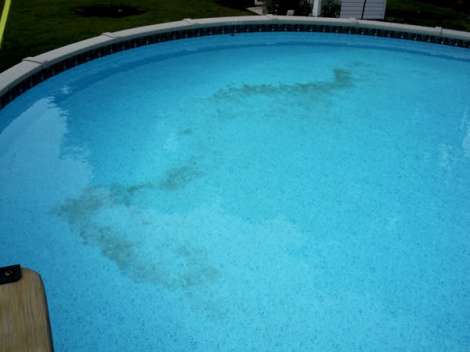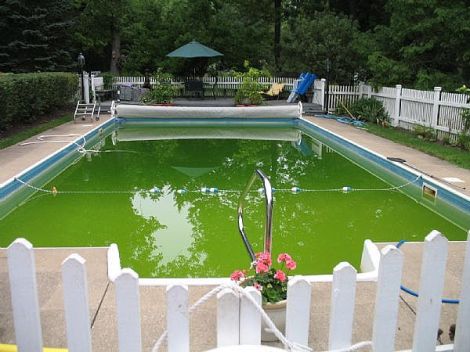I agree with Ross’ blog because it is true that we get energy from the chemical reaction in our body. Last year, my biology teacher told me that ”human are bags of chemicals”. We also get chemical reaction from food. Everyday, we all have chemical reaction in our body. Metabolism is a process that happens in our body after we eat. That process helps us to break down food to convert into energy. Not only the human body stays alive through that chemical reaction, but also plants.
There are alot of chemical reaction in our body to keep it balance or else….we can’t live or even breath.
http://kidshealth.org/teen/your_body/body_basics/metabolism.html#
 earth is drinkable and can be used in cooking foods. Certain chemistry methods take undrinkable water and make it for use for the human body. Lugol’s Iodine solution has been used in all ways since 1829, and commonly contains a mix of elemental iodine and potassium iodine. Its first application was the disinfecting of water in sanitation conditions and now currently has a similar solution to clean water for the application of drinking water.
earth is drinkable and can be used in cooking foods. Certain chemistry methods take undrinkable water and make it for use for the human body. Lugol’s Iodine solution has been used in all ways since 1829, and commonly contains a mix of elemental iodine and potassium iodine. Its first application was the disinfecting of water in sanitation conditions and now currently has a similar solution to clean water for the application of drinking water. e to talk about a different way it is helpful in water. I read an intersesting article on how chemistry is in swimming pools and how if effects the different chemicles you need to put in it. Like combining differrent chemicles, and adding to much of something can throw off the whole prodject, the chemistry of the chemicles in a pool are fragile. A little more or a little less of a chemicle can make your swimming pool cloudy an
e to talk about a different way it is helpful in water. I read an intersesting article on how chemistry is in swimming pools and how if effects the different chemicles you need to put in it. Like combining differrent chemicles, and adding to much of something can throw off the whole prodject, the chemistry of the chemicles in a pool are fragile. A little more or a little less of a chemicle can make your swimming pool cloudy an d stainable to anything that touches it.
d stainable to anything that touches it.